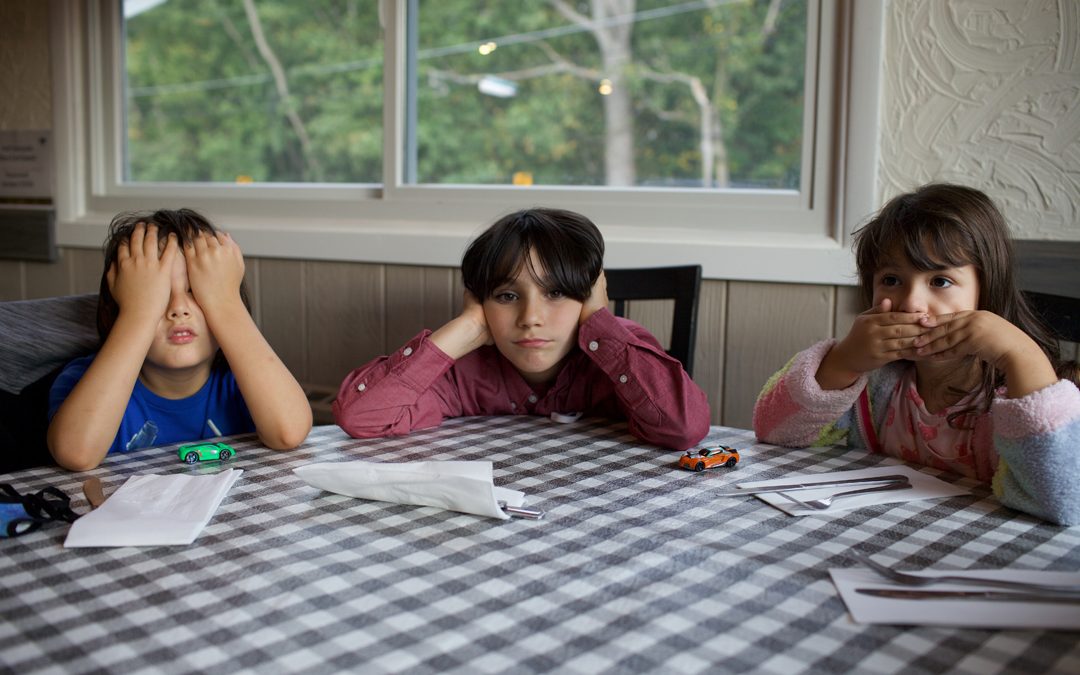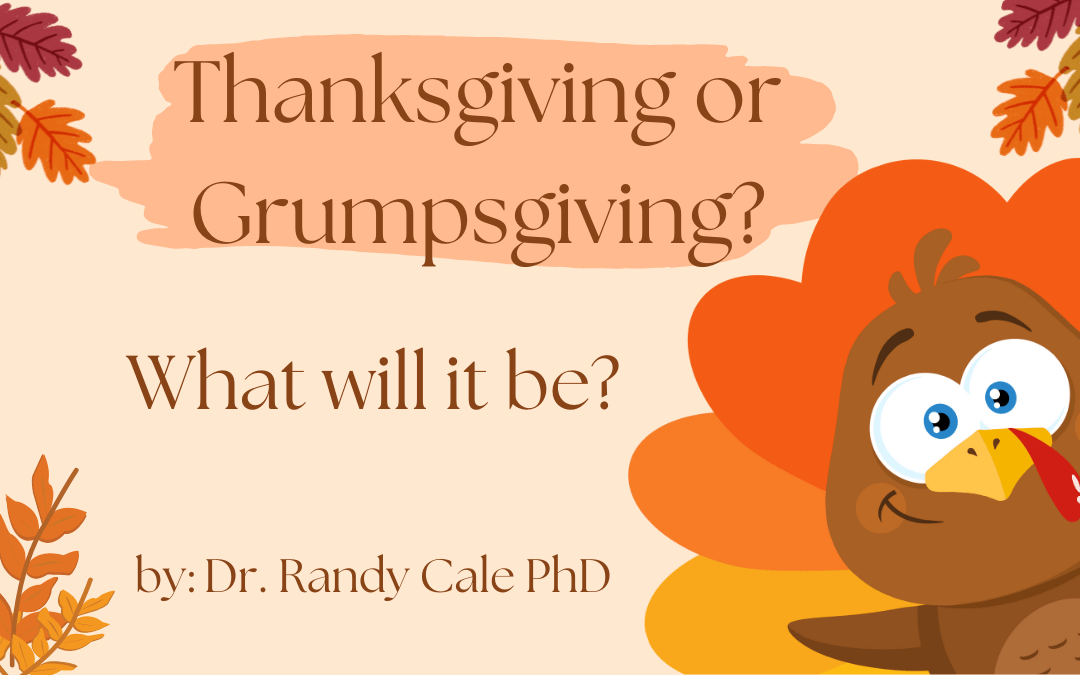Dr Cale’s Special Report
Disrespect & Anger:
What’s Wrong & What You Do About It!
Some of the most peaceful, loving well-intentioned parents end up with children who appear to be extremely angry. Some of these children become violent, uncontrollable, and cannot be maintained in the home during their teenage years.
There are a variety of reasons that could cause such an escalation in anger. The purpose of this article is to dispel a critical myth, and to make certain that parents become aware of the patterns of their own behavior, which can increase and escalate anger.
Get This Valuable Free Report
** Please double check for accuracy. Your privacy is SAFE. We will NEVER sell/rent/give away your information.

























